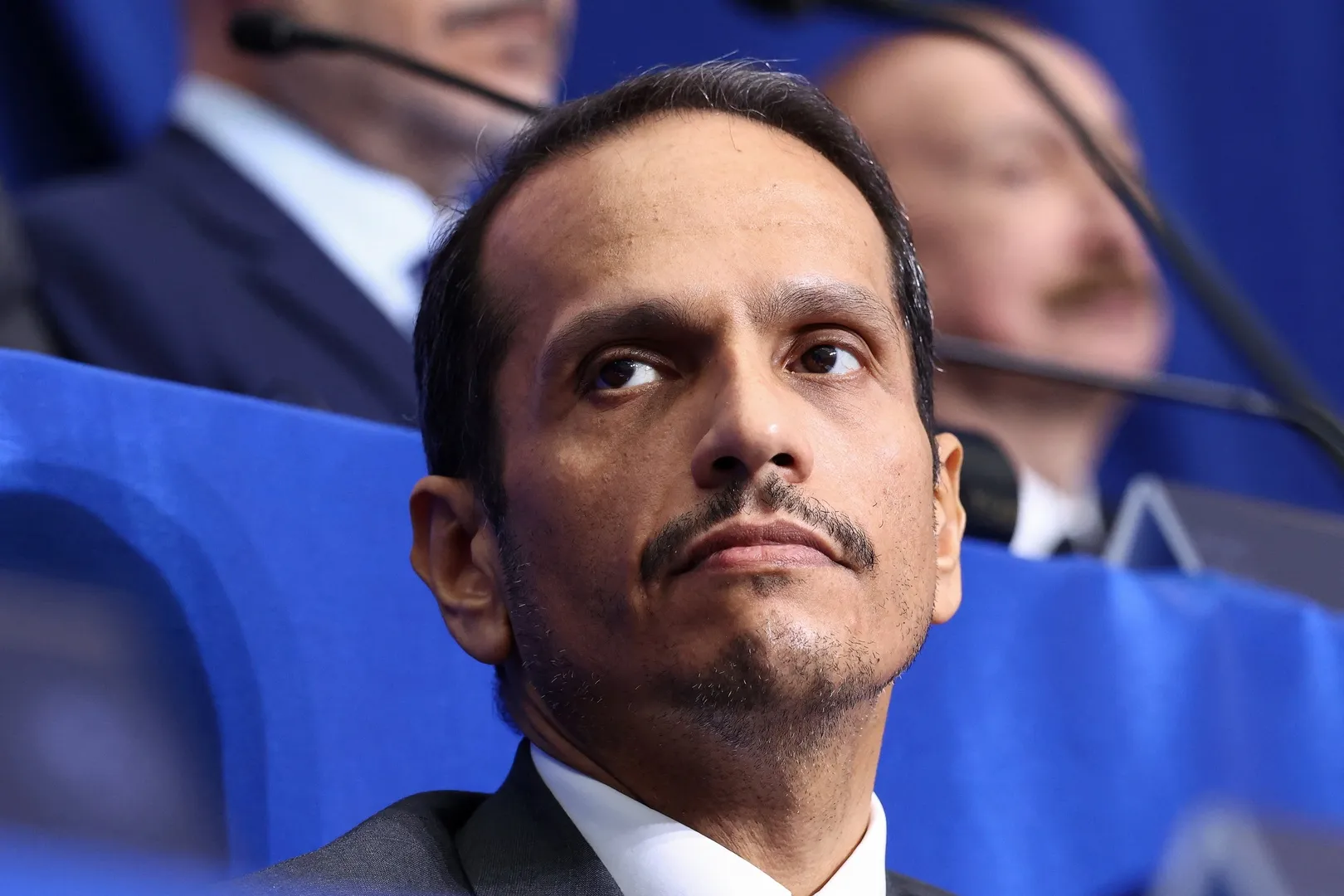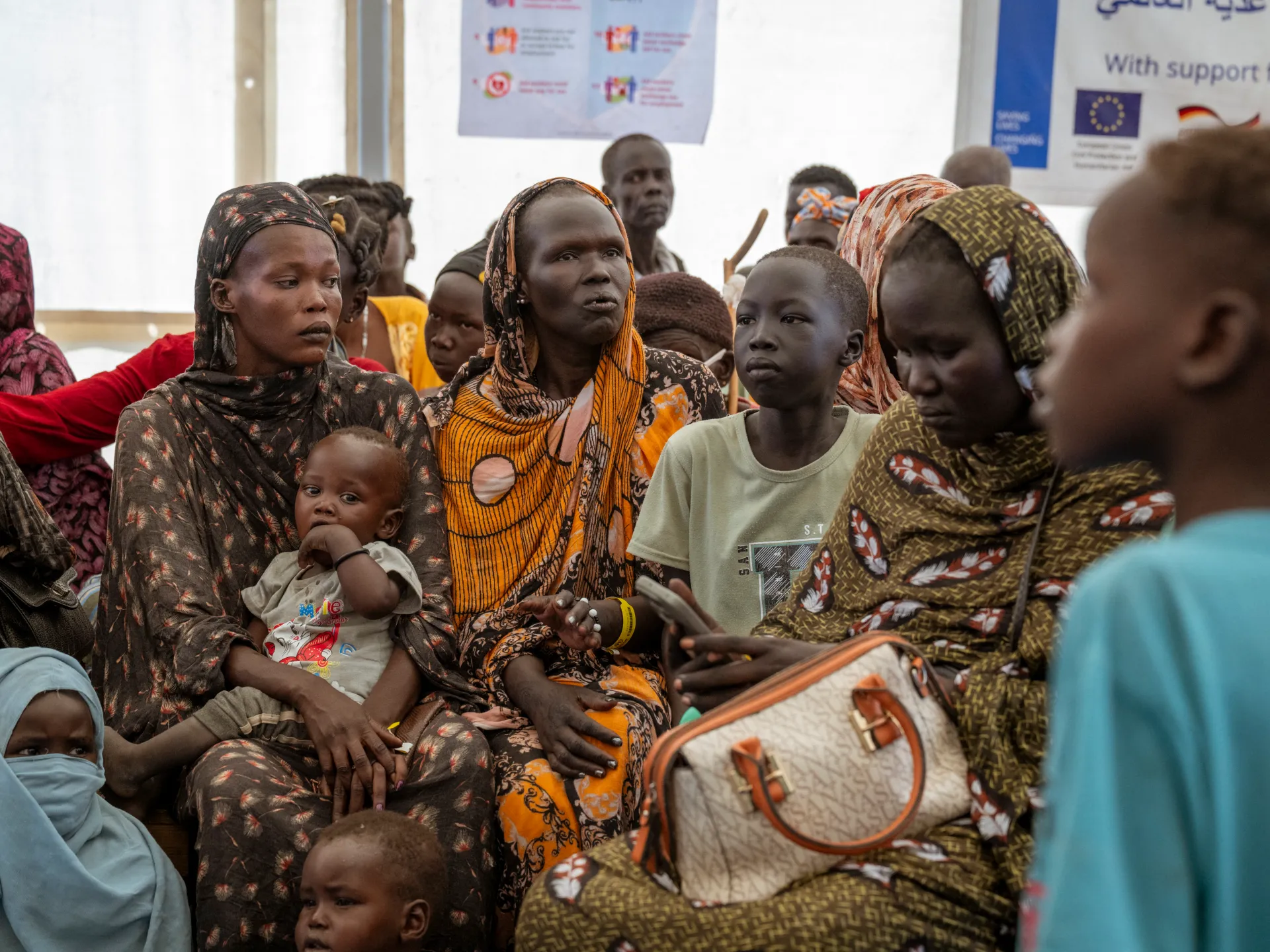AI Boom Could Ease Debt Pressures, But Won’t Solve Fiscal Crises
Economists are cautiously optimistic that advances in artificial intelligence could boost productivity across major economies, potentially helping governments manage soaring debt. Debt levels in most rich nations already exceed 100% of GDP and are projected to rise further due to ageing populations, higher defence spending, climate commitments, and rising interest payments.
U.S. policymakers, in particular, see AI as a potential driver to lift post-2008 productivity and free workers for higher-value tasks. Yet experts warn that even a strong AI-driven growth surge would not fully offset the structural pressures on public finances.
AI’s Potential Impact on Public Debt
The OECD and economists working with Reuters estimate that a productivity boost from AI could lower projected debt in OECD countries by up to 10 percentage points by 2036. That would reduce the expected rise from roughly 150% of GDP to around 140%, still sharply higher than current levels of approximately 110%.
In the U.S., best-case scenarios suggest debt could rise to 120% of GDP over the next decade instead of 100%, with one economist projecting little change. The key variables include whether AI creates more jobs than it displaces, whether firms pass productivity gains to workers via wages, and how governments manage spending.
Demographics and Limits
Demographics remain a central constraint. Ageing populations and entitlements tied to them are the root causes of long-term debt growth. Economists note that even with a productivity surge, labour shortages and slower immigration could offset AI gains. Countries like Italy and Japan may see smaller benefits from AI due to lower adoption rates and smaller sectors that can leverage the technology.
Fiscal Uncertainty
AI could raise government revenues through higher productivity and wages, but the effect is uncertain. If automation primarily benefits profits and capital rather than labour, fiscal gains could be limited. Additionally, public spending may rise alongside growth, dampening potential debt relief. Social security and other entitlement programs, indexed to wages, will continue to pressure budgets regardless of AI-driven efficiency.
Interest rates and debt servicing costs add another layer of uncertainty. Economists warn that recessions or financial shocks could prevent AI-driven productivity gains from providing timely relief.
Analysis
AI offers a potential “breathing room” for overstretched economies, buying time for governments to tackle structural deficits. Even if growth rises to 3% in the U.S. through 2040 above Federal Reserve expectations it will not solve fundamental fiscal challenges.
Economists stress that AI is a supplement, not a replacement, for fiscal reform. Rising productivity may help governments manage debt growth more sustainably, but without structural policy adjustments addressing demographics, entitlement programs, and spending priorities, the debt trajectory remains precarious.
Ultimately, while AI could improve efficiency and output, it is unlikely to carry the heavy lifting required to stabilize public finances on its own.
With information from Reuters.






